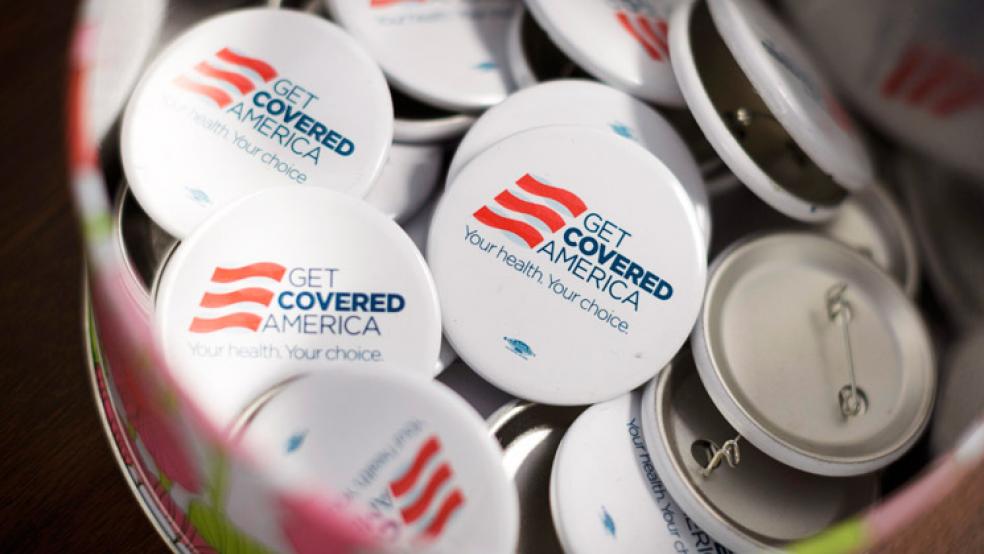For the third time in less than a month, giant UnitedHealth Group is pulling out of an Affordable Care Act insurance market because of huge losses.
Two weeks ago, the largest health insurer in the country said that it would discontinue its business in Arkansas and Georgia next year after a year of dismal revenues. Then late last week, UnitedHealth said it would also pull out of the Michigan health insurance market next year, to try to stem its losses.
The Wall Street Journal, which first reported the latest move, said industry analysts were predicting that UnitedHealth would pull out of most, if not all, of the 34 states where it is currently participating in Obamacare.
Related: UnitedHealth Makes Good on Threat to Pull Out of Obamacare
UnitedHealth cautiously came late to Obamacare last year and currently holds a relatively small share of the overall business. However, a complete pullout next year would have a jarring effect on President Obama’s signature health care program and could leave many consumers —especially people living in rural areas -- with fewer choices in low-cost, government-subsidized coverage, according to a new study by the Kaiser Family Foundation.
The report also analyzed premium data to pinpoint the impact of the company’s departure from the Obamacare program, especially how it would affect the availability of the highly popular “silver” plan, one requiring lower co-payments and other out of pocket costs.
United currently participates in 1,855 counties – representing nearly 60 percent of all counties across the country and an estimated 71 percent of market enrollees.
“We find that in 29 percent of counties (536 out of 1,855 counties) where United participates, its exit would result in a drop from two insurers to one,” the report states. “In another, 29 percent of counties (532) where United currently participates, there would be two exchange insurers as a result of a withdrawal.”
UnitedHealth CEO: Joining Obamacare Was a ‘Bad Decision’
The bottom line is that if UnitedHealth were to pull out altogether, 1.8 million enrollees would be left with only two insurance companies to choose from and another 1.1 million would be left with just one insurer.
The new Kaiser Family Foundation study offers a more alarming analysis than some earlier assessments of the impact of a complete pullout by United Health. The company stunned the health insurance market last November by revealing that it was seriously considering leaving Obamacare after suffering $700 million or more in losses related to Affordable Care Act business.
UnitedHealth was among a number of health insurers or insurance co-ops that grossly miscalculated, and now the company appears to be preparing quit the program at the end of the current 2016 insurance season.
Related: Uninsured Rate Hits New Low, but Obamacare’s Still a Hot Potato
“There would be some significant effects locally from a United withdrawal,” Larry Levitt, Kaiser’s Senior Vice President for Special Initiatives,” said on Monday. “While United typically does not have low premiums, there are pockets of the country where it offers one of the two lowest cost plans and an exit could increase benchmark premiums under the ACA.”
Because of its relatively small share of the overall Obamacare market, the departure of UnitedHealth would be little more than a “blip,” Levitt said, with average benchmark premiums increasing only by about 1 percent.
Still, UnitedHealth’s departure from Obamacare could be troubling down the road, especially if other major insurance companies like Aetna and Anthem decide to pull out as well. UnitedHealth officials have said the company potentially could lose as much as $1 billion by the end of this year.
“This is a market they have not been in, this is a market that is awfully complicated, and obviously they have not done well,” said Joseph Antos, a health care expert with the American Enterprise Institute.





